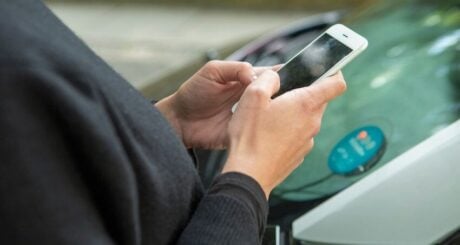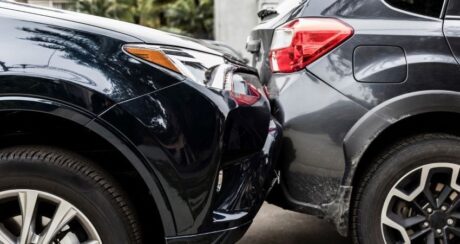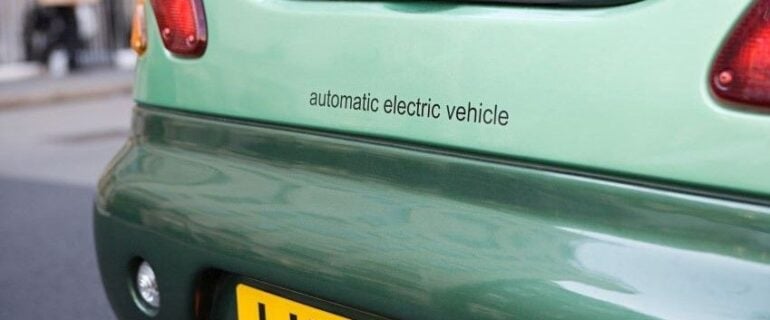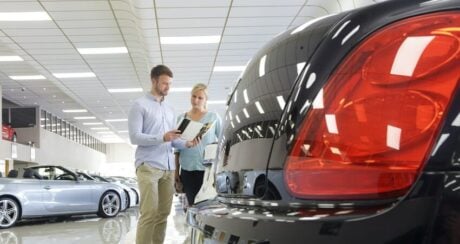If a car has cloned number plates it is made to look like another car, either to hide the fact it is stolen or to avoid paying parking tickets or speeding fines. As it has another car’s number plates on it, the legal driver of the genuine car will receive any penalty notices issued for the cloned car.
Car cloning, or vehicle identity theft, is an illegal practice and on the rise. In March 2020, 1,105 drivers contacted the Driver and Vehicle Licensing Agency (DVLA) after their vehicles had been wrongly linked to offences – up from 656 in April 2019 – according to the RAC.
Here, we look at everything you need to know about car cloning, whether you suspect your number plate has been cloned or you’ve bought a car with a cloned plate.
What is car cloning?
Car cloning is carried out by criminals, usually when a car has been stolen and they want to hide its true identity, or to avoid paying any penalties linked to the car, such as speeding tickets.
Criminals steal the identity of a genuine car, which has been legally registered, by copying the number plates and putting them on another vehicle. This is usually done to a car that is the same make, model and colour as the legally registered vehicle.
Once the car has been cloned, the criminal may attempt to sell it, or they may use the cloned car to carry out other crimes.
How does car cloning work?
A criminal can clone a car simply by changing the number plate. Once they have done this, there will be two cars on the road with the same registration number – one that is legally registered and one that is not.
When you register a new number plate, you need to show evidence that you are the owner of the car. This can be the V5C registration certificate or another piece of evidence such as your insurance policy.
However, in some cases criminals buy fake plates to attach to the car, or use online dealers where they can buy new plates without showing proof of ownership.
When a car has been cloned, the vehicle’s registration documents such as the V5C log book may be faked. Sometimes criminals will change the vehicle identification number (VIN) – a car’s unique 17-digit number, also known as the chassis number – by using parts from another car before the car is sold on.
What to do if your number plate has been cloned
You won’t usually be aware that the car you’re driving has been cloned, and often drivers only find out when they receive a penalty notice relating to a speeding ticket or parking fine they were not involved in. In more serious cases, drivers may be contacted by the police.
If you suspect your number plates have been cloned – perhaps you’ve received a penalty charge notice or fine for a traffic offence you didn’t commit – you should contact the organisation issuing the fine and explain your situation.
Next, contact the DVLA and the police. Tell both organisations what has happened and that you think your car has been cloned.
You may also be able to speak to your car insurer for help. Some insurers have legal helplines that can give extra advice – this can also come in handy if you are charged with a driving offence you did not commit.
» MORE: What are my legal rights when buying a used car?
What should I do if I purchase a car with cloned number plates?
If you find out the car you have bought has been cloned, you will usually lose any money you have paid for the car, as well as the car itself.
The police will also want to get as much information as possible from you about the seller. so they can try to find out who is behind the cloning.
You may be able to get help from your car insurer if you have legal assistance included on your policy. The insurer may cover the cost of seeking compensation from the seller of the car if it believes there is a reasonable chance of success. Check your insurance policy or speak to your insurer to find out if this applies to you.
How can I avoid buying a car with cloned number plates?
The best way to avoid buying a cloned vehicle is to thoroughly check a car before you hand over any money.
The seller should give you details including the make, model and registration number of the car before you meet them. You can then check these details against the DVLA online vehicle enquiry service, which should alert you to anything out of sorts.
When you first see the car, take some time to check it matches up to the vehicle you are expecting to buy.
Look at details including the VIN and check if this is the same as the VIN in the V5C log book. Also ask if you can see the car at the address on the log book. The VIN is usually found under the bonnet, on the dashboard, and on the driver’s door.
It is always worth checking and double-checking these details before you buy any car, and if the deal seems too good to be true – for example, if the price is significantly lower than similar cars – it probably is.
Source: Getty Images
Dive even deeper

Logbook Loans: Loans Secured on Your Car or Vehicle
Logbook loans provide a way to borrow using your vehicle as security for the loan. You can use the vehicle while repaying the loan, but very high rates of interest and the risk your vehicle could be repossessed means logbook loans are almost always best avoided.

What is a car warranty and what does it cover?
A car warranty covers the cost of the repair bill if you need to fix a problem with your car. It will often cover parts including the engine, gearbox, suspension, brakes and steering, although details will differ between policies.


